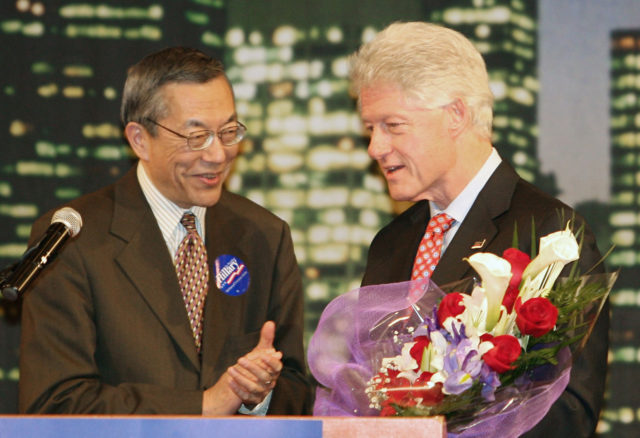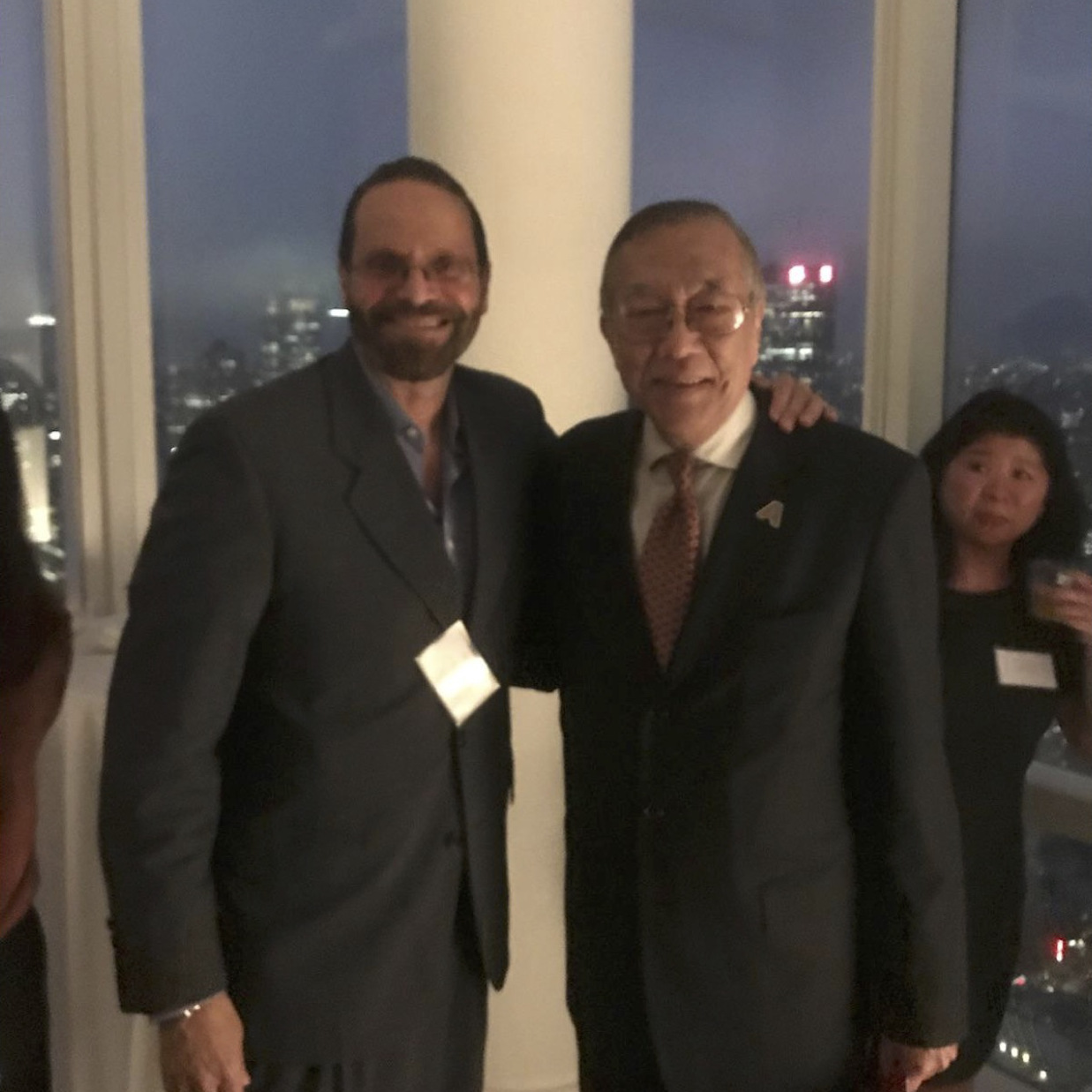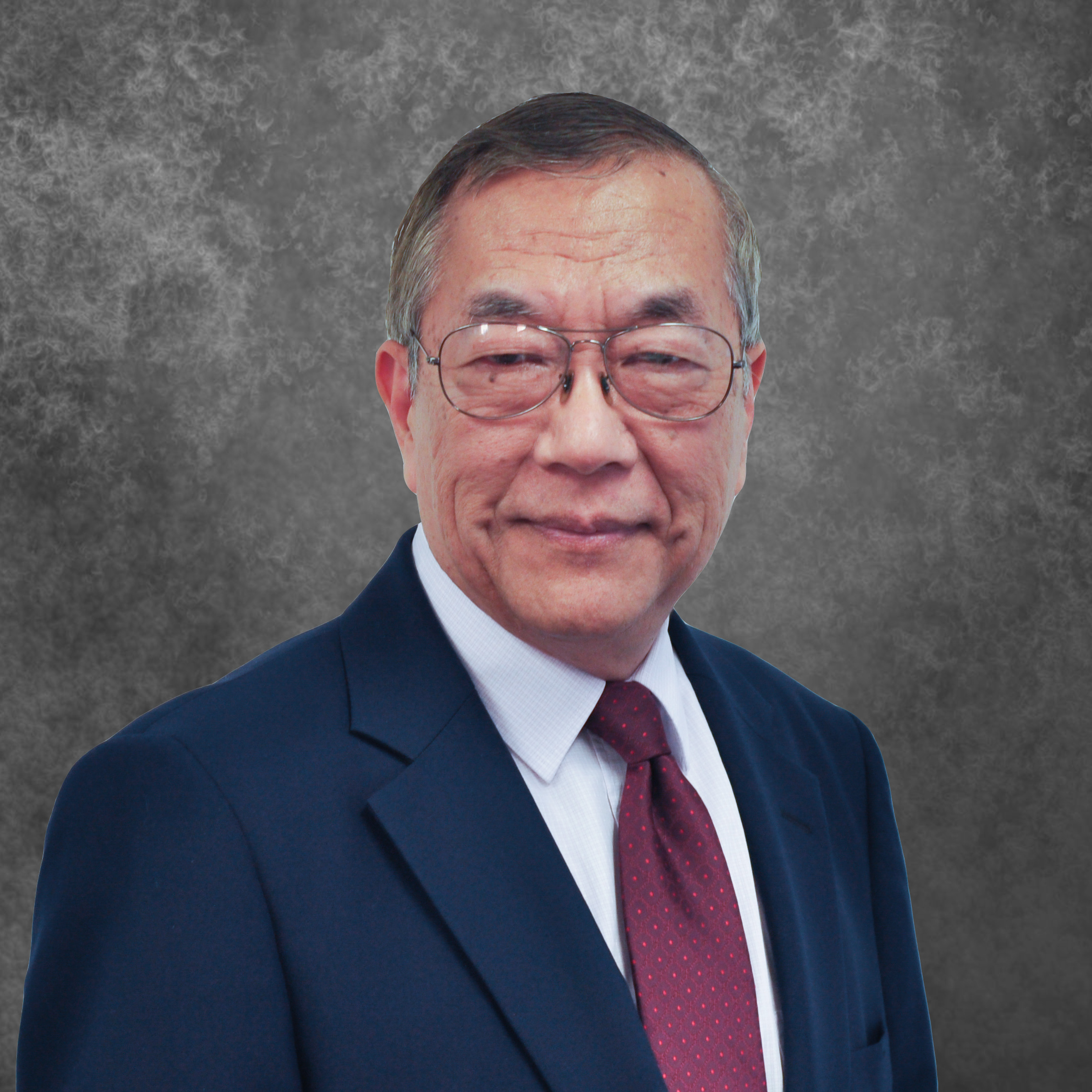John Wang

John Wang is President of the Asian American Business Development Center, Inc., which he founded in 1994 in New York City. AABDC is a unique non-profit consulting organization established to provide technical and professional assistance to Asian American small businesses and a leading trade development organization which promotes business between the United States and Asia.

Since 2000, AABDC’s primary focus has been promoting U.S.-China trade through organizing trade missions, seminars and workshops, networking events, conferences and trade shows. He has the support of a broad network of U.S. and Chinese government contacts and strategic alliances with an array of national and local business organizations for his work in fostering better understanding and building conducive environments for doing businesses.
In 2008, Mr. Wang founded the New York in China Center with an office in Beijing with specific aims of creating a New York presence in China to assist New York businesses accessing the China market and to attract Chinese investment to New York. Since then the New York in China Center has established offices in Shanghai.

AMM: What are some of the major trends attracting people to do business with Asia lately?
John Wang: Growing economies in Asia, increasing disposable income of the population and developing markets.
AMM: China is the largest consumer market in the world and entering it is becoming a key part of the international aspirations of American businesses. What advice would you give them on how to start?
JW: Finding the right product is important. As China’s consumer markets rapidly expand, products from all over the world are flowing into China, and it is important that your products stand apart from the rest or can be innovative enough to create their own niche markets.
You must also identify the right market. China’s first-tier cities, Beijing, Shanghai, Guangzhou and Shenzhen, are pretty well-developed, as any industrialized countries are, but China is a huge country—its second-tier cities, such as Hangzhou, Chengdu or Chongqing, are on their ways to becoming recognized as well-developed cities, and still many third- and fourth-tier cities are where the greatest opportunities still exist—these are the largely-untapped markets.
Teaming up with the right partner(s) is also crucial for business success. A partner has familiarity with the markets, well-developed distribution channels and strong connections with the local government, which are all important pieces for success.
AMM: China is making a move toward more innovative businesses and products through the ‘Made in China 2025’ initiative. What does this mean for international businesses wanting to do business with China and what kinds of opportunities does this present?
JW: China’s One Belt One Road Initiative is a gigantic infrastructure project, where it is building roads, bridges, ports, high speed rail, etc. around the world, and there are opportunities to partnering with Chinese companies in taking on some of the infrastructure work. “Made in China 2025” aims to lead in some of the most advanced tech sectors, such as A.I., biotech and advanced manufacturing, and companies who are able to contribute to those sectors will have tremendous opportunities.
AMM: What advice would you give to entrepreneurs in Asia looking to do business with America and what support can the AABDC provide them?
JW: Businesses from Asia need to do the same due diligence as American companies going to Asia.
AABDC has a broad network of contacts in almost every industry and business in the U.S. through its members in the Outstanding 50 Network and well-established relationships with many Fortune 500 companies, government and business organizations that could support entrepreneurs from Asia doing business in the U.S. and vice versa.
AMM: The cultures of America and China are quite different, and cultural differences can impact business in dramatic ways. How important is cultural exchange between America and China?
JW: Despite the current tensions between the U.S. and China, non-governmental exchanges are ever more important to help not only create a business-friendly environment, but also to maintain and strengthen ties between the two countries and their peoples.







